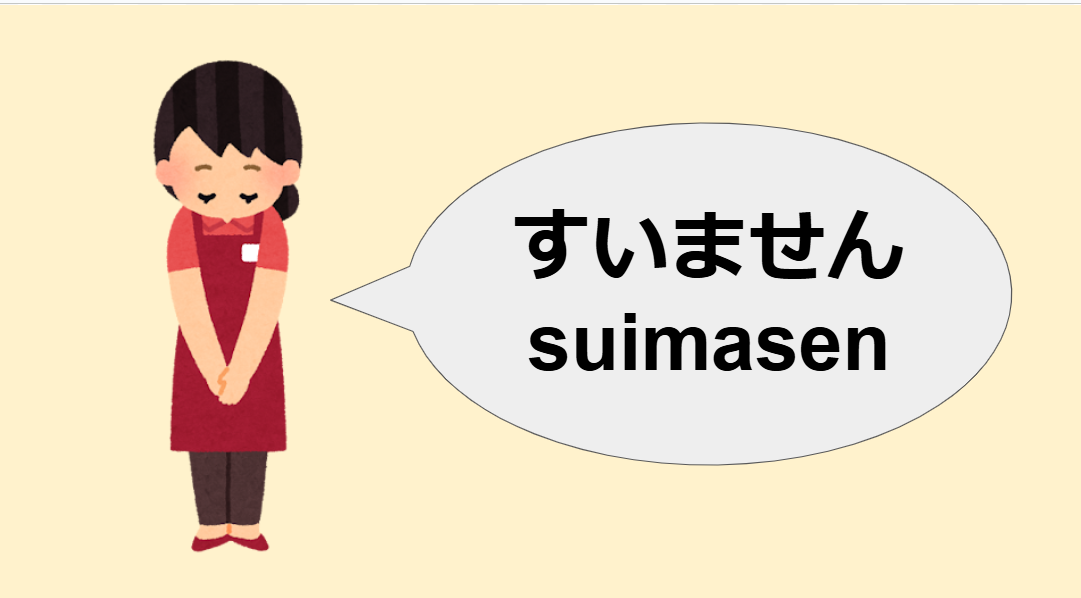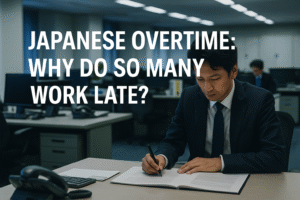Ever noticed how often Japanese people say “sumimasen”?
It’s everywhere—from restaurants and trains to casual conversations. But here’s the thing: it doesn’t always mean “sorry.”
Let’s dive into the fascinating world of sumimasen culture and why it plays such a big role in daily life in Japan.
What Does “Sumimasen” Actually Mean?
“Sumimasen” is usually translated as “I’m sorry,” but in Japan, it’s more versatile than that. Depending on the situation, it can mean:
- Excuse me (when getting someone’s attention)
- Thank you (for a kind gesture)
- Sorry (for a small inconvenience)
- Pardon me (when passing through a crowd)
It’s kind of like a social lubricant—softening interactions, keeping harmony, and showing consideration.
Common Situations Where You’ll Hear “Sumimasen”
1. Asking for Help
Need directions? You start with “Sumimasen” to politely interrupt.
2. When Someone Holds the Door for You
Instead of saying “thank you,” a Japanese person might say “Sumimasen”—as if to apologize for being helped.
3. Bumping Into Someone (Even Lightly)
Even a gentle shoulder brush gets a quick “Sumimasen!”
4. When a Waiter Brings Your Food
You might hear a customer say “Sumimasen” as a way of showing appreciation (and slight guilt) for being served.
5. Before Asking a Favor
It sets a humble tone: “Sumimasen, but could I ask you something?”
Why Is “Sumimasen” Used So Often?
Japanese culture puts a huge emphasis on consideration, humility, and social harmony. Saying “sumimasen” is a way of acknowledging that you’ve affected someone else—even in the tiniest way.
It’s not about guilt. It’s about respect.
By saying “sumimasen,” you’re recognizing others’ efforts, space, and time. It’s deeply embedded in how people communicate and relate to each other.
What’s the Difference Between “Sumimasen” and “Gomen nasai”?
Good question!
- Sumimasen = formal, versatile, used with strangers or in public
- Gomen nasai = more emotional, casual, often used with family or friends
So you’d say “Sumimasen” to a shop clerk, but “Gomen” to your best friend after stepping on their foot.
Final Thoughts
The next time you visit Japan, listen closely. You’ll hear “sumimasen” all around you—but now you’ll know, it’s not always an apology.
It’s a little word that carries a lot of meaning: politeness, empathy, and a touch of humility.
So don’t be surprised if you find yourself saying it too!








